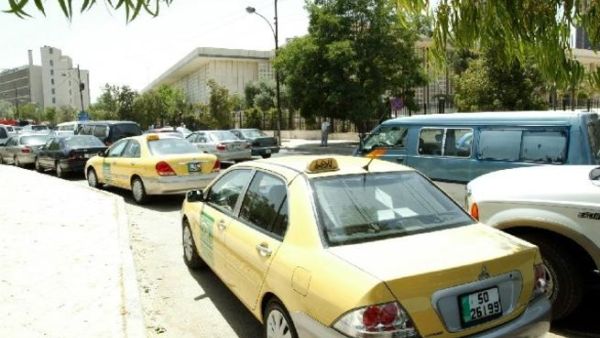Over the past nine months, local labourers staged a total of 691 protests and work stoppages, a 12.8 per cent increase from 610 in the same period last year, according to a study released on Saturday.
Conducted by the Phenix Centre for Economic and Informatics Studies (PCEIS) in cooperation with the German Friedrich Ebert Stiftung office in Amman, the study indicated that the protesters mostly called for higher salaries and improved living conditions, adding that 47.3 per cent of the protests were held by public sector employees, 45.4 by private sector workers and 7.3 per cent by unemployed citizens.
“Basically, 40.8 per cent of the protests called for higher salaries against 20.7 per cent that called for better work conditions and health insurance services,” the report said.
Noting that 86.7 per cent of the protests were staged by workers who are not included in labour unions, the study recommended establishing associations to defend their rights.
In terms of Geographical distribution, the report showed that 252 protests (36.5 per cent) took place in the capital, 10.1 per cent in the southern Governorate of Karak and 9.3 per cent in the northern Governorate of Irbid.
Phenix Centre Director Ahmed Awad told The Jordan Times that the increase in protests reflected authorities’ failure to address labourers’ complaints.
“The driving force behind the protests is the government’s failure to provide radical solutions to labour problems that have accumulated over years, as well as the deterioration of the living conditions of paid workers in the public and private sectors. The average salary is still below aspirations at around JD412 a month,” Awad said.
He added that nearly 44 per cent of labourers in the Kingdom are paid around JD300 a month while the official poverty line in the country for a six-member family stands at JD353 a month.








